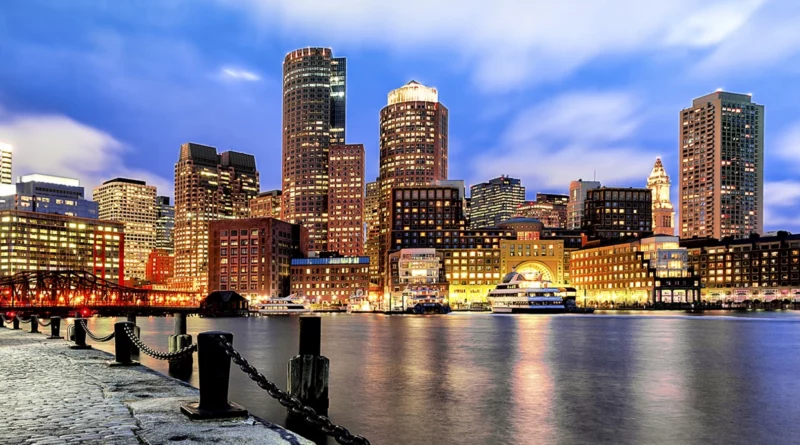History Of Boston Massachusetts
Boston, Massachusetts is one of the oldest and most historic cities in the United States. Founded in 1630 by English Puritans, Boston played a key role in the American Revolution and has been a hub of commerce, culture, and education ever since. Its history is a rich tapestry of triumphs and tragedies, shaping the city’s unique character and identity.
The early history of Boston is tied closely to the story of the Pilgrims and Puritans, who came to America seeking religious freedom. The Massachusetts Bay Colony, of which Boston was the capital, was established as a Puritan commonwealth in 1630. It quickly grew into a major center of trade and commerce, with bustling wharves and shipyards lining the harbor.
In the 1760s and 1770s, Boston became a focal point of the growing conflict between the American colonies and the British Empire. The Boston Massacre of 1770, in which British soldiers killed several colonists, and the Boston Tea Party of 1773, in which colonists protested British tea taxes by dumping tea into the harbor, were key events leading up to the American Revolution.
During the Revolution, Boston played a critical role as a center of resistance and a site of major military engagements. The Siege of Boston, which began in 1775, saw American forces lay siege to the city and ultimately force the British to evacuate in 1776. This victory marked a turning point in the war and cemented Boston’s status as a symbol of American patriotism and defiance.
In the years following the Revolution, Boston continued to grow and prosper. It became a center of industry, with factories and mills springing up along the banks of the Charles River. It was also a center of education, with the establishment of institutions like Harvard University and the Massachusetts Institute of Technology.
In the 19th century, Boston underwent significant changes as it grappled with the challenges of industrialization and immigration. The city became a center of the abolitionist movement, with prominent activists like William Lloyd Garrison and Frederick Douglass making their homes there. It was also a hotbed of intellectual and cultural activity, with writers like Ralph Waldo Emerson, Henry David Thoreau, and Nathaniel Hawthorne calling Boston home.
Today, Boston remains a vibrant and dynamic city, with a rich history that is still very much alive. Its historic sites and landmarks, from the Freedom Trail to the USS Constitution Museum, draw millions of visitors each year. Its universities and research institutions continue to drive innovation and progress in a wide range of fields. And its cultural offerings, from world-class museums to vibrant neighborhoods like Chinatown and the North End, showcase the diversity and vitality of the city’s people and traditions.
The history of Boston, Massachusetts is a long and storied one, with its origins in the Puritan settlement of the Massachusetts Bay Colony and its pivotal role in the American Revolution. Over the centuries, Boston has evolved into a center of industry, education, and culture, shaping the identity of the city and its people. Today, Boston remains a vibrant and dynamic place, a testament to its rich and enduring history.
Discover more from City Towner
Subscribe to get the latest posts sent to your email.




